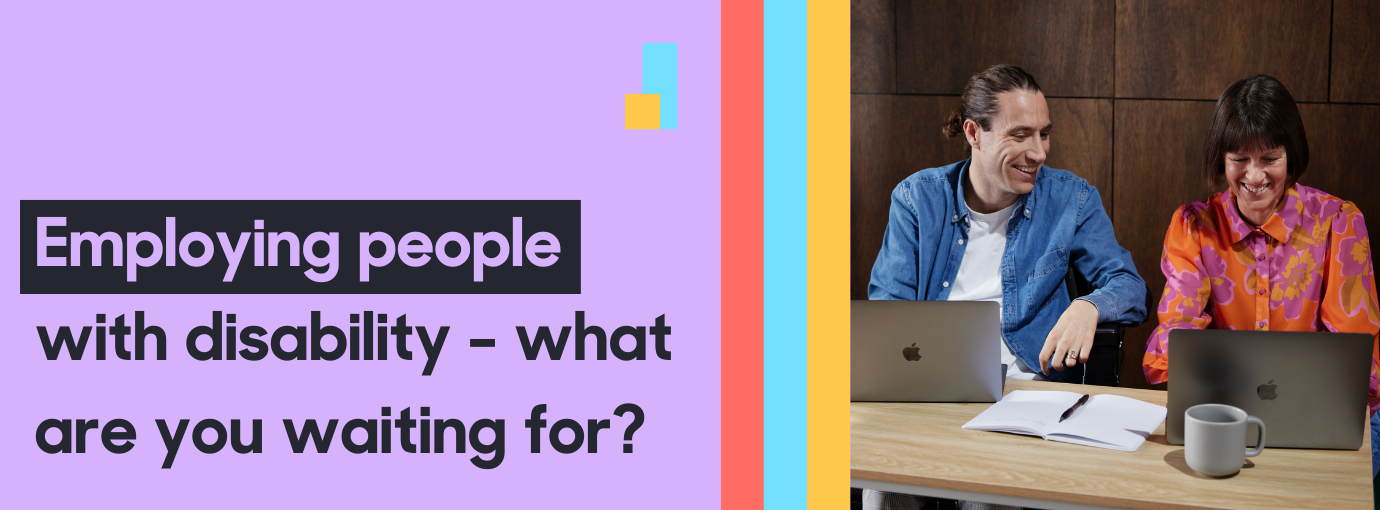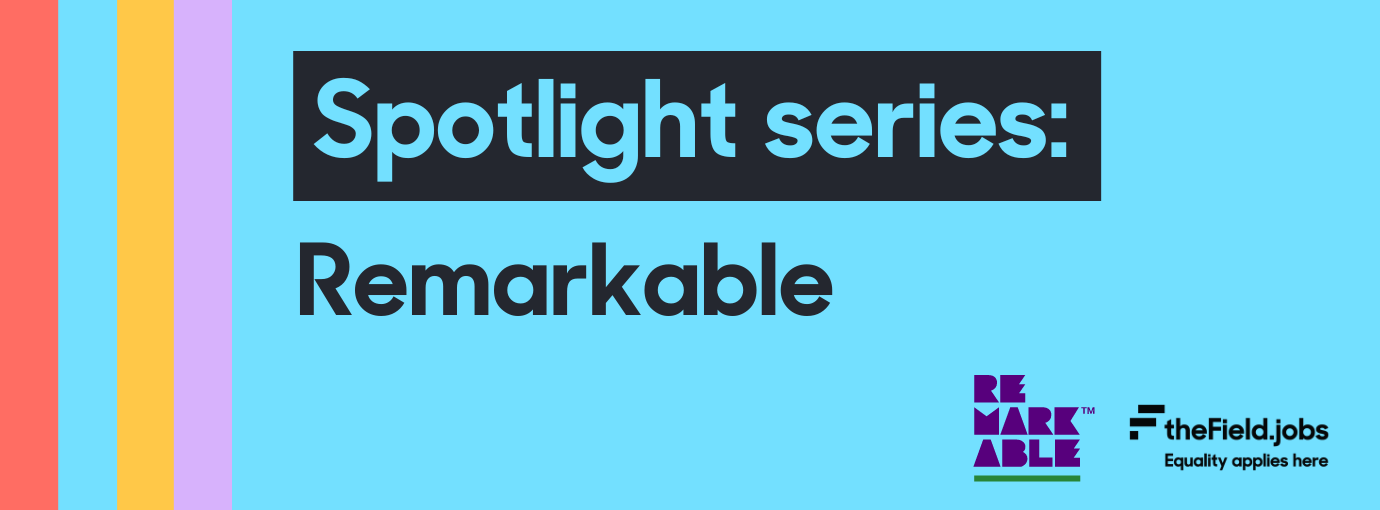Looking for work can be a tricky process, there are no two ways about it. It takes a lot of time and a lot of brain space to put together an application and go through an interview process, especially when there’s no guarantees that you’ll get the job. Taking the time to look after yourself while you apply is key to making sure the process doesn’t get too overwhelming.
We’ve put together a few suggestions to help you do exactly that: look after yourself when you’re looking for work. There are a few things that you can do to help you keep your head up and your eyes on the prize.
Recognise your skills and value
Applying for work can seem daunting, particularly if you’re new to work, haven’t worked in a while, or are moving to a new industry. The first thing to remember is that everyone has skills and value they can bring to a job, and you’re not alone! In May 2022, 1.8 million people in Australia were looking for work. Every one of those people has different skills and experiences – you included.
Thinking about who you are and what you’re interested in is a great start. Do you love spending time with family and friends? If so, relationship building could be a strength. Are you great on Instagram or Twitter? Then social media management might be something to bring to a role.
If you’re not sure where to start or which skills are relevant, check out our article about transferable skills, which can give you some tips.
If you’re finding it hard to figure out the skills and value you can bring to an organisation, getting support can be a great option. Talk to a recruiter or reach out to someone in the role you’re after for a chat. Getting insights from professionals can help you narrow down what makes you a great inclusion to a company. It might even inspire you to apply for roles you hadn’t thought of before.
Look after your physical health
You might have heard the saying “a healthy body equals a healthy mind”. The theory behind the saying is that healthy choices help your heart and lungs. This then allows good blood flow to your brain. Certain choices such as exercise also release happy hormones such as serotonin, dopamine, endorphins and oxytocin.
We know that physical health looks different for everyone, so focus on what works for you. Some key things to think about include:
- Sleep! We all know sleep is absolutely crucial. It helps look after our memory, process emotions and replenish glucose, which gives our brains fuel. A lack of sleep can lead to poor judgment, self control, and a loss of creativity. So, make sure you’re giving your body the time it needs to recharge.
- Water! Being hydrated significantly affects energy levels and brain function. Studies have shown that even mild dehydration can affect both mood and concentration. A lot of phones now have reminders to drink water, so if you’re finding it tough to remember, pop on your notifications.
- Nutrition! Most of us are tempted by a burger or a pizza every now and then and that’s totally fine. Eat the burger if you want! It’s all about balance. If you know you’re going to struggle to find time to eat during the day, pack some healthy quick snacks to eat on the go. Fruit, vegetables or nuts will help you resist less nutritious options. They will also reduce the risk of big energy and mood swings.
Building habits to look after your body takes time. In fact, it usually takes 60 to 90 days to form a new habit. So be kind to yourself and tackle one thing at a time. Most importantly, we all have different physical needs and experiences, so take the time to think about what’s right for you.

Look after your mental health
Just as we take time to look after our physical well-being day to day, we also need to look after our mental well-being. Like physical health, nurturing our mental health is deeply personal and unique to everyone. As Headspace notes, “we’re not paying attention to ourselves in a self-centred way, but in a way that makes sure we’re being cared for – for us and by us – by taking time to do things that help us live well and improve our health.”
Day to day, consider practicing self-compassion. Be kind to yourself, rather than judgemental about your mistakes. Know that everyone fails – you’re not alone. Try to balance negative emotions when you don’t do as well as you’d hoped. According to Headspace, “if we speak to and treat ourselves gently and with kindness for whatever we need in that moment, we can be more honest with ourselves about what self-care ideas support us best.”
If you find you just need some time for yourself, self-care might be reading a book, listening to some music or getting some fresh air in the park. If you’re struggling with mental ill-health, and need support, you can find a list of resources at the link here.
Learn how to frame challenges differently
Lastly, take a moment to reflect on your perspective and learn how to frame challenges differently when they arise. Basically, look at each situation and ask yourself, “what can I learn from this?”. When a challenge comes your way, if you have a moment, take a deep breath. Then reflect on the challenge, how it made you feel and why. Maybe you didn’t get the job you wanted, or received some feedback you didn’t love from an application (we have some great tips to process this feedback!).
The next step is to ask yourself, what positive can I take away from this experience? Maybe you learnt a new skill that you can apply to your next job application or made a new contact who might come in handy later in life.
We all have a lot to balance in life, and applying for work is one of those experiences that will always be challenging in one way or another. Looking after yourself while you’re looking for work will not only mean you have a better experience, but it will most likely improve the quality of your applications and interviews, as you will be in a better space.
Are you ready to continue looking for work? See who is currently hiring on the Field!
You can also check out some of our other great blogs, with great job seeker tips:




